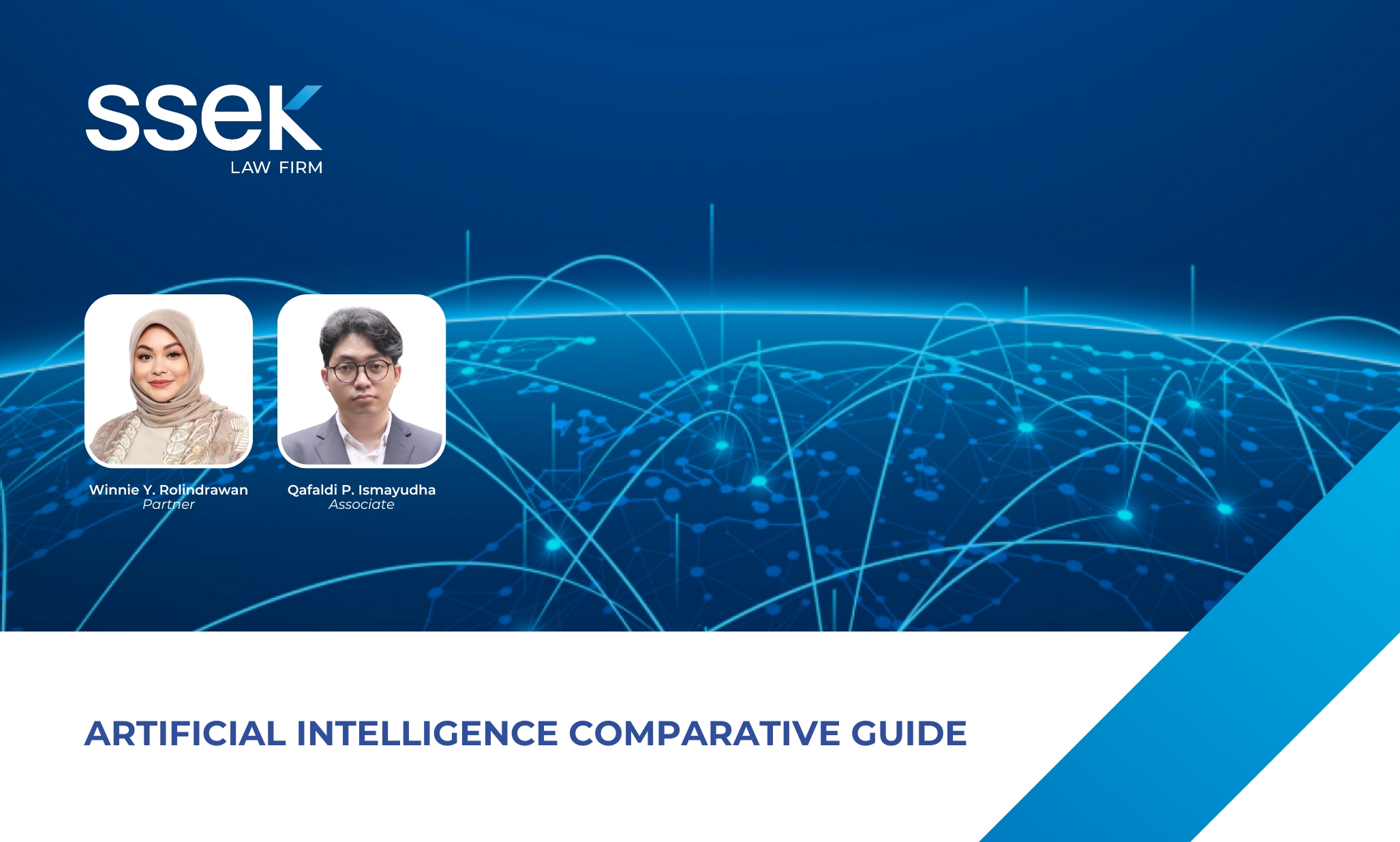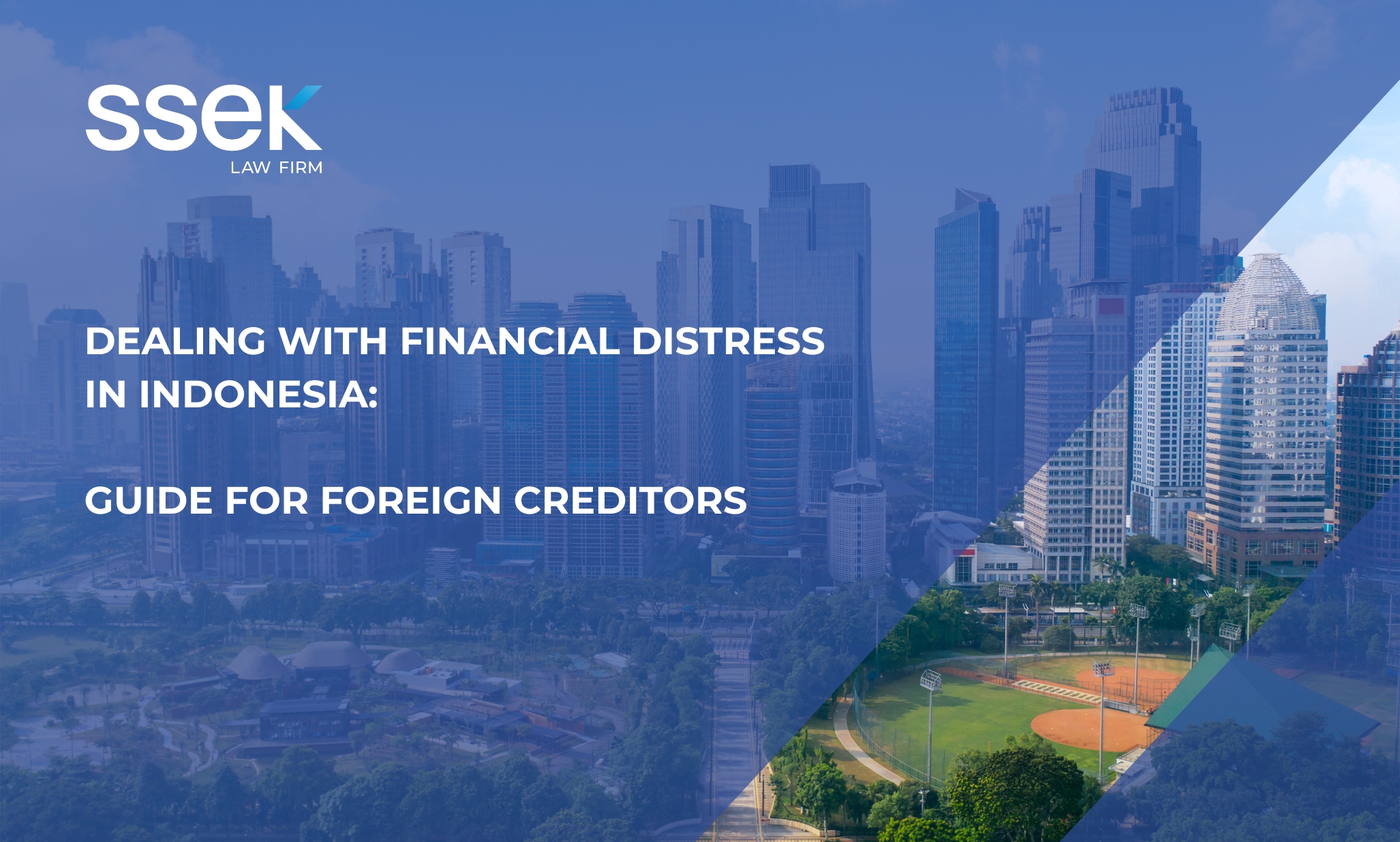


Generally, an employment contract in Indonesia can either be a fixed-term (definite) or an indefinite-term (permanent) contract. Fixed-term employment agreements are subject to stricter requirements compared to indefinite-term employment agreements.
A fixed-term employment agreement must be in writing in the Indonesian language or in a bilingual format. Additionally, a fixed-term employment agreement cannot include a probationary period. Indefinite-term employees are employees who do not fall into the category of fixed-term employees. This type of worker is also known as a permanent worker. If a permanent worker is hired without a written employment contract, the employer must issue an appointment letter.
Fixed-term contracts
A fixed-term employee is also known as a contract worker. Based on the Labor Law, the types of work that can be performed by a fixed-term employee under a fixed-term employment agreement are either time-based or project-based.
For time-based work, the work must fulfil the following criteria:
- work that can be completed within a short period;
- seasonal work; or
- work that is related to a new product, new activity or a product that is still in the experimental stage.
For project-based work, the work must fulfil the following criteria:
- work that can be completed at one time; or
- temporary work.
Government Regulation No. 35/2021, dated 2 February 2021, regarding Fixed-Term Employment Agreement, Outsourcing, Working Hours and Rest Hours, and Termination of Employment (GR 35/2021) provides that fixed-term employees employed for a certain period (time-based) can only be employed for a maximum of five years (including any possible extensions thereof) unless the contract is project-based, in which case the employee can be employed until the work or project is completed.
Excerpted from Lexology Panoramic: Labor & Employment 2024, published by Law Business Research.
Find the Indonesia chapter of Lexology Panoramic: Labor & Employment 2024 here.
Further reading:
Employer Obligations Under Indonesia’s New Law on Maternal and Child Welfare
This publication is intended for informational purposes only and does not constitute legal advice. Any reliance on the material contained herein is at the user’s own risk. All SSEK publications are copyrighted and may not be reproduced without the express written consent of SSEK.









